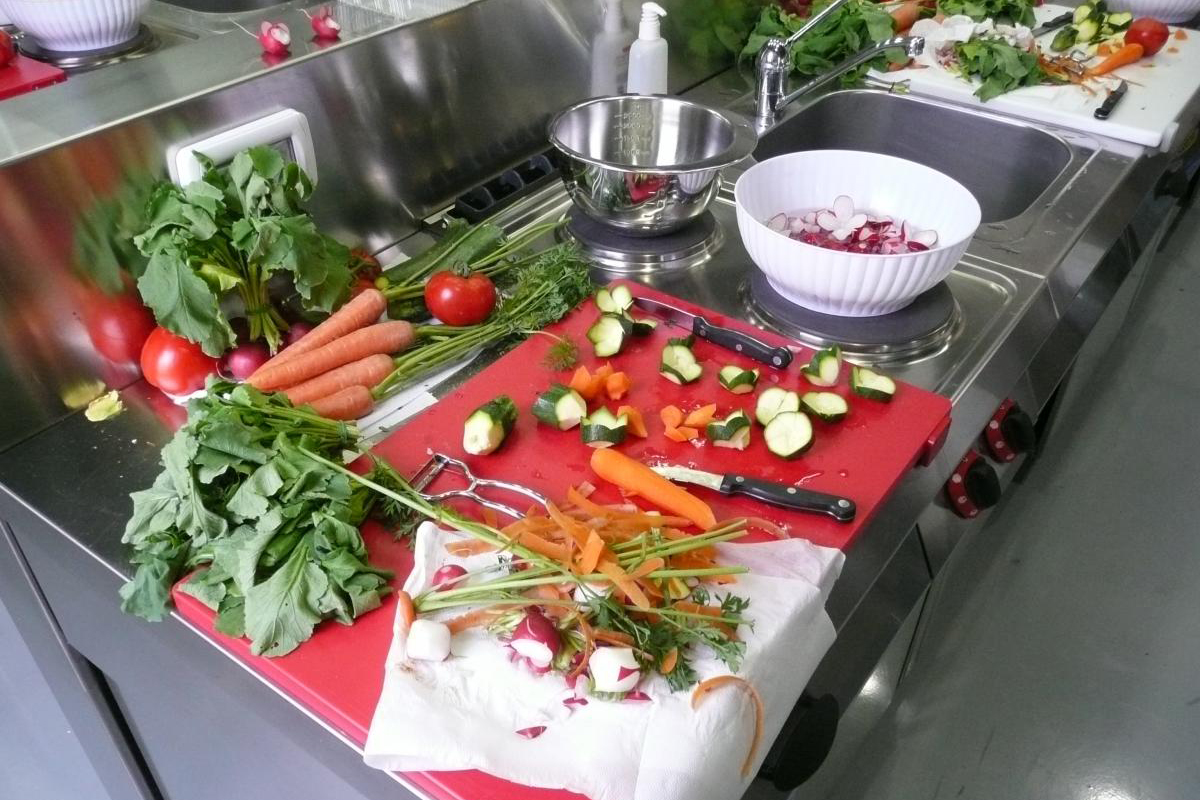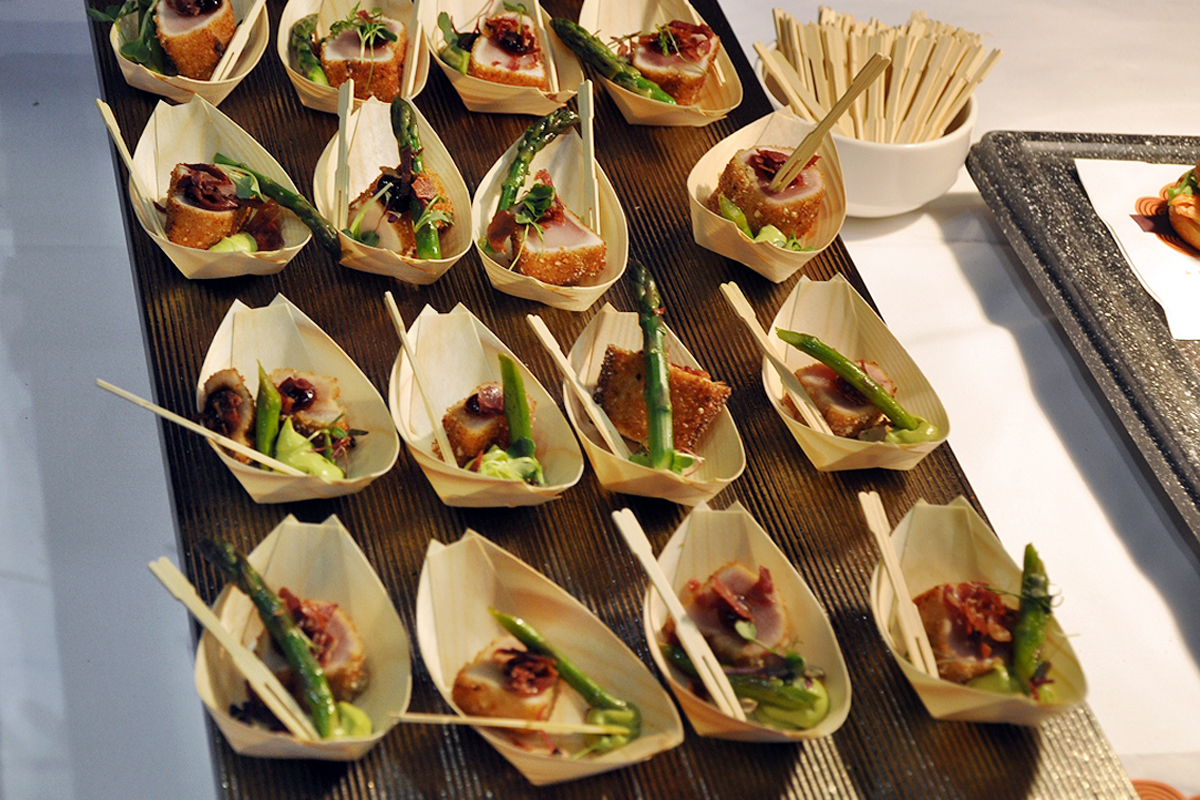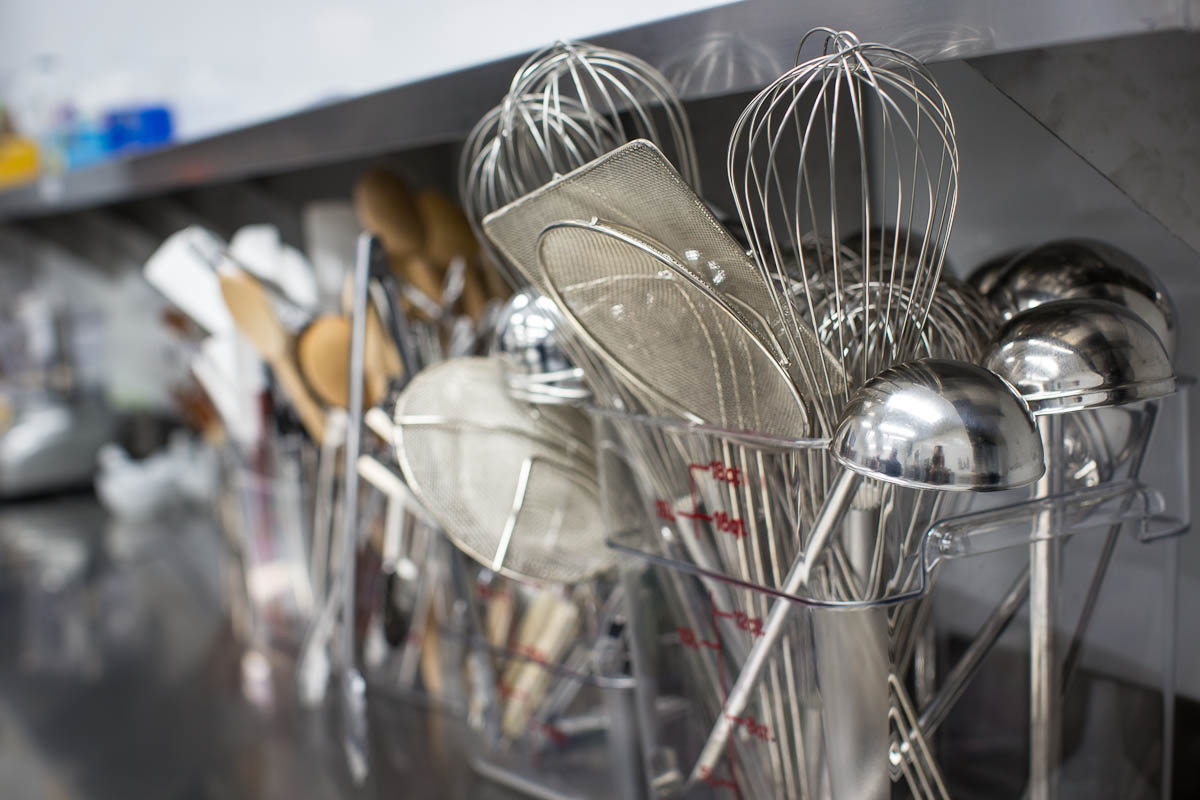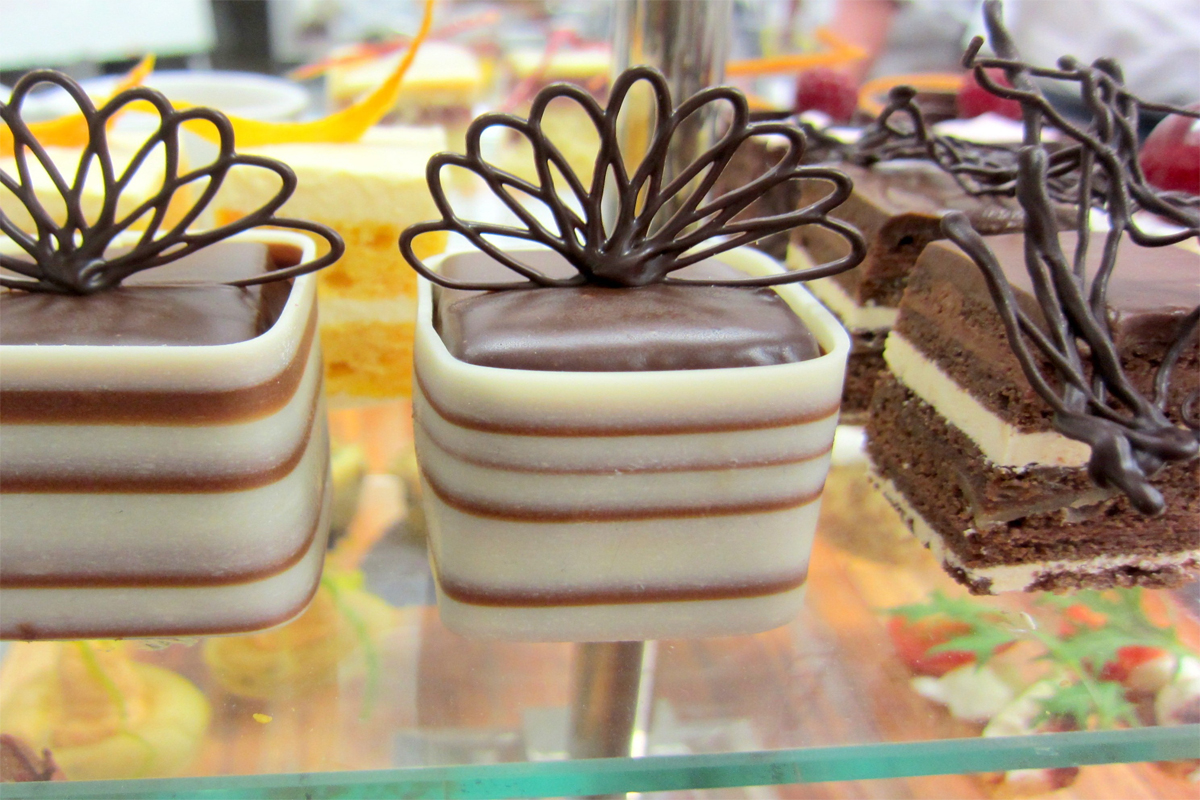Want to learn more about Halal Food?
What is Halal Food?
Like Kosher foods, Halal food is guided by religious criteria that affect the entire food chain, from how animals intended to be consumed are fed and raised, to the way in which they are slaughtered and prepared for consumption.
Is Halal food healthier than conventional food?
According to Muslim criteria in Dietetics and Nutrition, a group of members of the Academy of Nutrition and Dietetics confirms that Halal food can never contain pork or products such as jellies and butter and no alcohol. Rasheed Ahmed, founder and president of the Muslim Consumption Group (MCG), which certifies both Halal foods and educates Muslims about the status of different Halal foods, says that to be truly Halal, one must take into account how the animals are raised, they must be fed vegetarian diets, which means that many chickens and cows raised on US farms, for example, would not work. Halal animals can also not be treated with antibiotics or growth hormones, since hormones can contain pork-based ingredients.
Ahmed admits that his certification criteria are much stricter than others worldwide. For example, MCG does not certify those fish that are farmed in fish farms, since it is not clear if the fish are fed with animal by-products. Only fish caught in the wild are Halal, certified by MCG standards.
While some people believe that these criteria make Halal food healthier, Carol O'Neil, professor of nutrition and food sciences at the Louisiana State University Agricultural Centre, says “there are simply no studies proving that Be a universal truth”. "It's hard to know if there are any kind of nutritional differences," says O'Neil. "Certainly, there are no studies comparing people who consume Halal meat to see if their cholesterol levels, or other indicators, are different. We just don't know."
O'Neil points out, however, that Halal practices are much more “human” for the animal, than non-Halal practices, so this can be a differential factor for some people. "Our religion does not allow us to put any pressure on animals," says Ahmed. "So, we treat them as humanly possible."
Some examples of Non-Halal foods
- Alcoholic drinks
- Intoxicants
- Non-Halal Animal Fat
- Enzymes* (Microbial Enzymes are permissible)
- Gelatine* – from non-Halal source (fish gelatine is Halal)
- L-cysteine
- Lard
- Lipase* (only animal lipase need be avoided)
- Non-Halal Animal Shortening
- Pork, Bacon / Ham and anything from pigs
- Unspecified Meat Broth
- Rennet* (All forms should be avoided except for plant / microbial /synthetic – rennet obtained from halal slaughtered animal is permissible).
- Stock* (a blend of mix species broth or meat stock)
- Tallow* (non-Halal species)
- Foods contaminated with any of the above products
(*May be consumed if derived from Halal animals)
Do you want to learn more about Halal Foods and Preparation?
If you are searching for the best halal course
Come Join Us Now!
For further information, click our webpage: https://www.chefacademyoflondon.com/en/
Also, please don’t forget to visit us on Facebook https://www.facebook.com/ChefAcademyLondon/
Instagram https://www.instagram.com/chefacademyoflondon/











